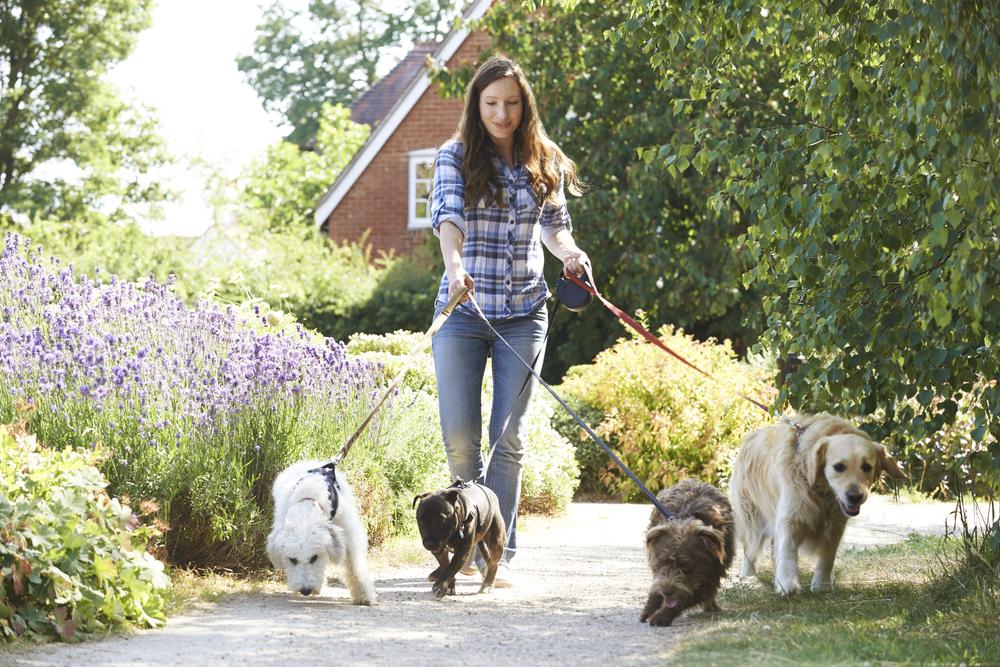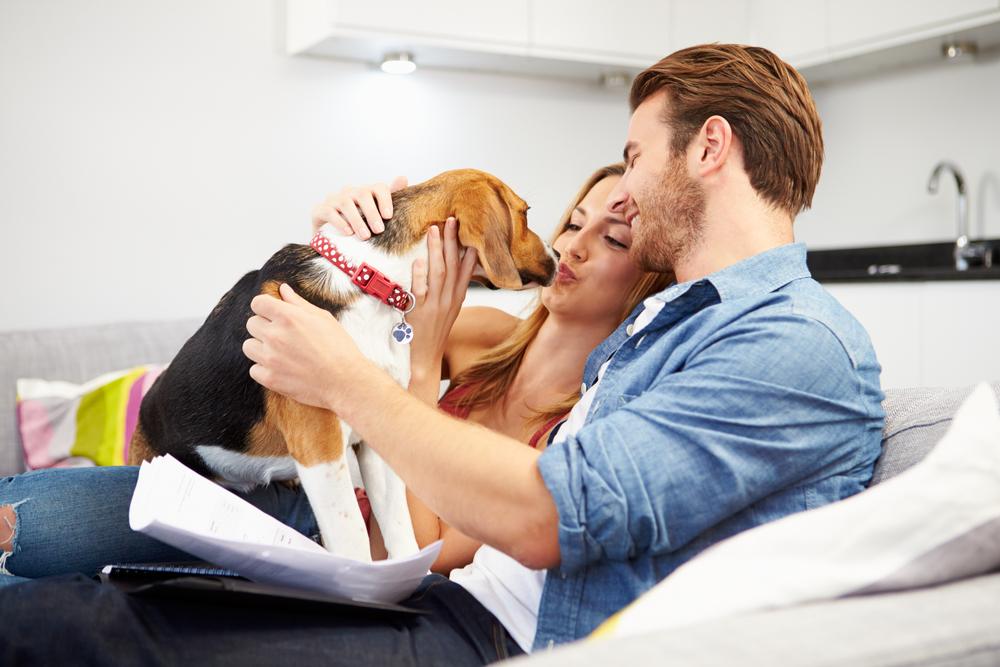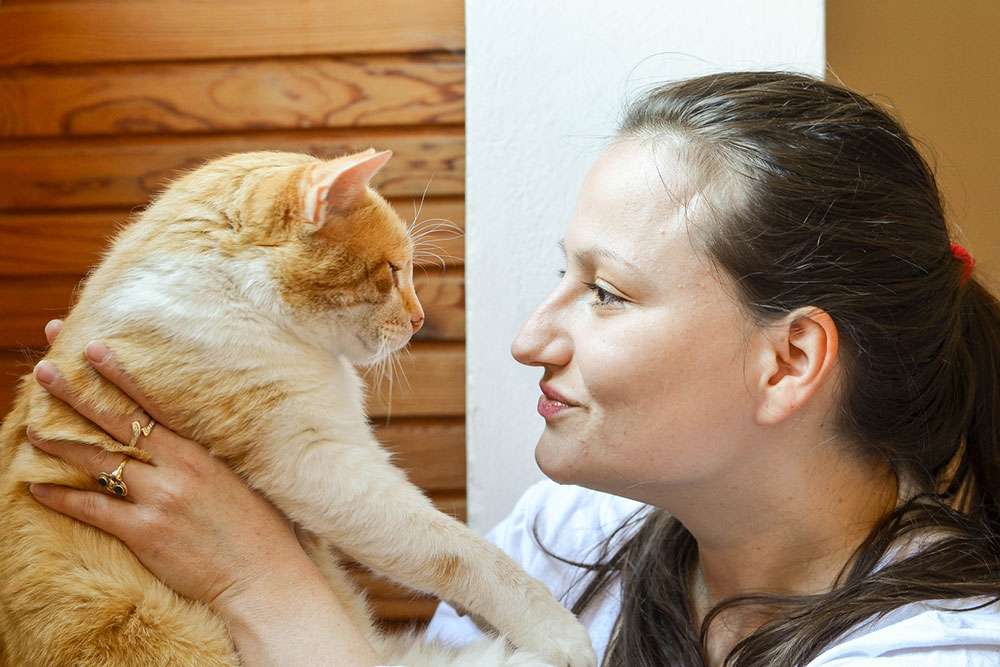Comprehensive Guide to Selecting the Perfect Dog Walker for Your Pet’s Needs
Discover expert tips for choosing the ideal dog walker to ensure your pet's safety, happiness, and health. From experience and certification to compatibility and training methods, learn how to select a trustworthy professional who meets your pet's unique needs and lifestyle. This comprehensive guide helps pet owners make informed decisions, offering peace of mind for busy schedules while providing their dogs with safe, enjoyable walks. Find out how to evaluate credentials, communication, and handling approach to secure the best care for your furry friend.

Comprehensive Guide to Selecting the Perfect Dog Walker for Your Pet’s Needs
Ensuring your dog receives regular exercise through daily walks is essential for maintaining their physical health, mental well-being, and social skills. As the pet care industry continues to expand, more pet owners face the challenge of finding a trustworthy and dependable dog walker when their schedules prevent them from stepping out with their furry friends. A qualified dog walker not only provides your pet with exercise but also offers companionship, safety, and peace of mind for you. This comprehensive guide aims to equip you with vital tips and insights to help you choose the ideal professional to care for your dog, ensuring their happiness and safety while you're away.
Distinguishing between Professional and Amateur Dog Walkers
When considering hiring a dog walker, one of the first distinctions to make is whether to choose a professional service or an amateur handling the responsibility. Professional dog walkers often have formal training, extensive experience, and a structured approach to pet care. They are often insured, bonded, and adhere to industry standards, which offers an added layer of security for pet owners. This is especially important for owners of larger, high-energy, or special-needs breeds, which may require more attentive handling and specialized care. On the other hand, amateur pet walkers might be friends, family, or casual pet sitters who might not have formal training but can still be reliable, especially if they have prior experience and positive reviews.
For high-maintenance or energetic dogs, hiring a seasoned professional ensures your pet receives proper attention, routine, and safety protocols. However, even for smaller or calmer dogs, professional services tend to have structured routines, better safety measures, and background checks, making them a more trustworthy choice overall.
Evaluating Experience and Reading Client Feedback
Trustworthiness is paramount when selecting someone to care for your beloved pet. Before making any commitments, thoroughly review the potential dog walker's experience and background. Look for established companies or individual dog walkers who have been in the industry for a significant period. A seasoned walker will understand canine behavior, emergency protocols, and handling diverse breeds and temperaments effectively.
Reading online reviews, testimonials, and references is an invaluable step. Customer feedback offers insights into the walker’s punctuality, professionalism, interaction with pets, and communication skills. Don’t hesitate to ask for references directly from the dog walker; talking to other pet owners who have used their services provides reassurance about their reliability and the quality of care they offer.
Assessing Compatibility with Your Dog
The personality and preferences of your dog play a crucial role in selecting a suitable dog walker. For shy, anxious, or territorial dogs, it's vital to arrange an initial meet-and-greet in a calm environment, ideally with you present. This allows your dog to become comfortable with the walker and establishes positive associations. Only consider hiring someone your dog shows ease and trust toward, as this reduces stress and promotes a smoother experience during walks.
If your pet is particularly social or energetic, ensure the walker is experienced in managing lively dogs and can provide stimulating walks that cater to their needs. Compatibility also involves considering your dog’s routine, favorite walking areas, and any special requirements such as leash training or behavioral concerns.
Understanding Certification and Emergency Response Skills
A highly qualified dog walker should possess valid certifications that demonstrate their knowledge of canine first aid, emergency procedures, and handling techniques. Certifications from recognized organizations such as the Pet Sitters International or the National Association of Professional Pet Sitters indicate professionalism and commitment to pet safety.
Emergency preparedness is essential; ask your prospective dog walker about their procedures in case of injuries, lost pets, or other unforeseen incidents. A knowledgeable walker will have clear protocols and the necessary equipment to handle emergencies swiftly, giving you peace of mind that your pet is in capable hands.
Insurance and Bonding for Additional Security
Insurance coverage and bonding are critical factors when selecting a dog walking service. Reputable pet care providers typically carry liability insurance, protecting both the pet owner and the service provider in case of accidents or damages during walks. Bonding offers an extra layer of security, covering theft or injury claims.
It’s advisable to verify the insurance certificates and bonding status before signing any contracts. This legal safeguard ensures that you won’t be financially liable if something unexpected occurs during your pet’s walk. Such protections are especially relevant in cases of home visits or outdoor walks in public spaces.
In addition to insurance requirements, effective communication is essential. You should discuss and clarify the frequency of updates, whether via calls, text messages, or pictures, after each walk. Knowing your dog’s walk schedule, preferred areas, and any specific instructions helps ensure consistency and comfort for your furry friend.
Choosing a Walker's Training Style and Handling Approach
The training philosophy of the dog walker can significantly impact your pet's behavior and experience. Many professional walkers adopt positive reinforcement methods, rewarding good behavior with praise, treats, or toys, thereby fostering trust and collaboration. Avoid walkers who use harsh correction techniques or punishment-based methods, as these can cause stress and harm the human-animal bond.
Also, inquire about how many dogs are walked simultaneously. If your dog prefers personalized attention or doesn’t handle other dogs well, select a walker who offers individual walks or limit the number of dogs per session. This personalized approach reduces stress and promotes better socialization.
Take your time to discuss and verify all details during the initial consultation. Establishing a clear understanding of services, safety measures, and communication routines ensures you select a trustworthy, experienced, and caring dog walker who prioritizes your pet's safety and happiness.
By following these expanded guidelines, pet owners can confidently choose a dog walking professional who aligns with their pet’s needs, lifestyle, and safety requirements. A good dog walker can turn daily walks into positive, enjoyable experiences that contribute greatly to your dog's overall well-being and happiness, freeing you from worries and ensuring your pet stays active, socialized, and loved.





